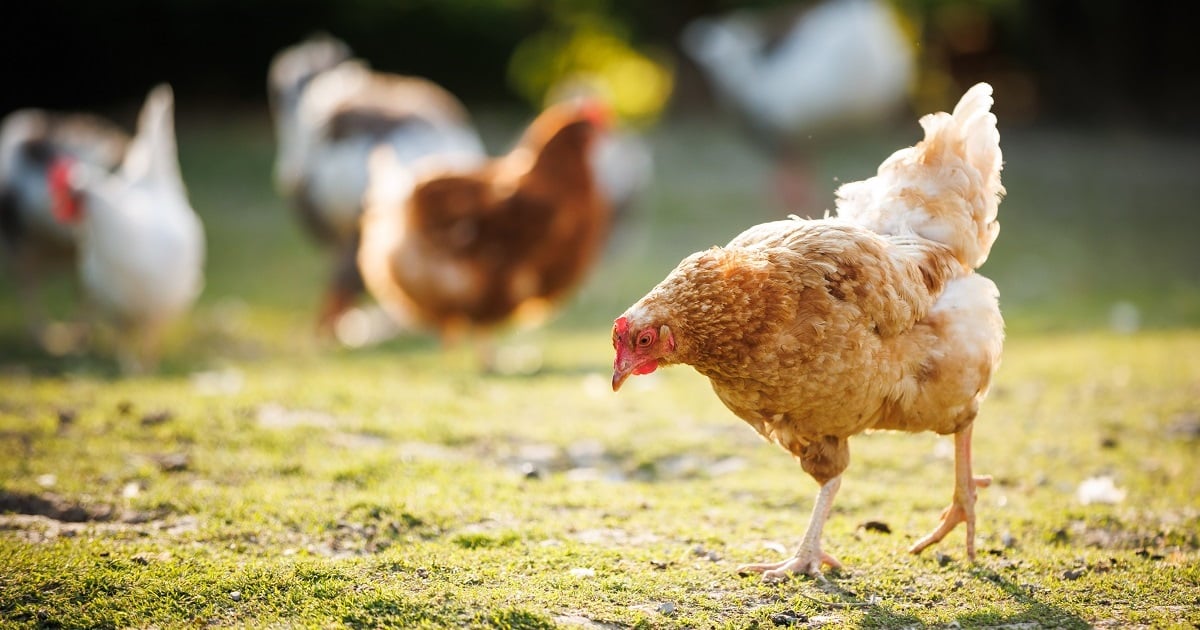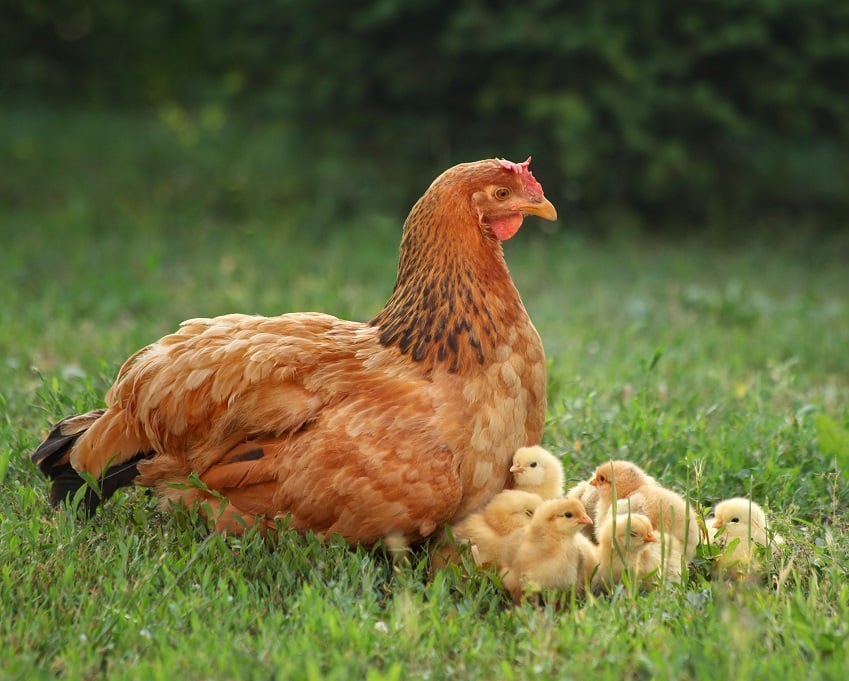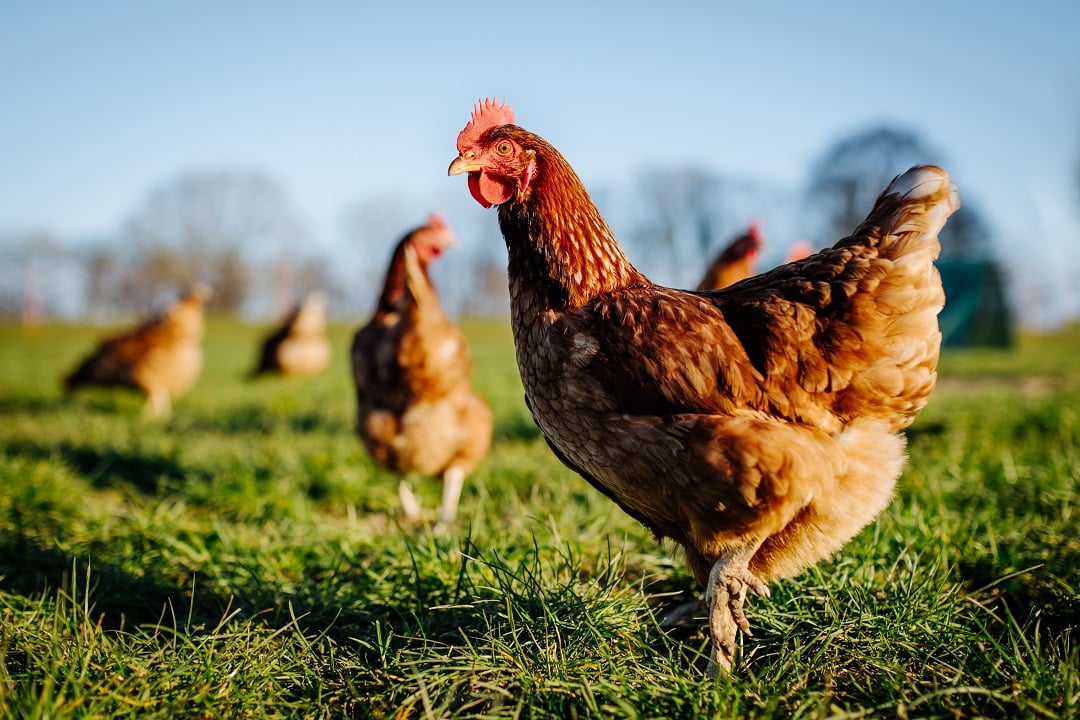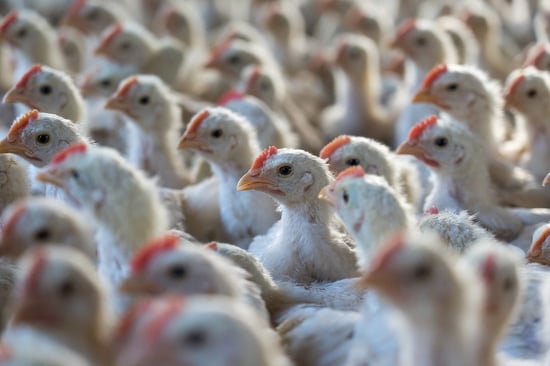
Chicken facts
Common name: Chicken
Scientific name: Gallus gallus
Distribution: Worldwide
Here are some captivating facts about chickens!
All domestic chickens are descended from wild junglefowl that are native to Southern Asia but they have been living with humans for more than 5,000 years.
Chickens are way more intelligent and sensitive than many people think. These clever creatures are the closest living relatives to the Tyrannosaurus Rex.
Chickens also have very interesting bone structures; they have more bones in their necks than giraffes and all their bones are very light. Some of their bones are hollow and called ‘pneumatic bones’. They actually form part of chickens’ respiratory systems and work with the lungs to help them breathe.
Like people, and many other animals, different chickens have different personalities. Some birds are bold and feisty, others are shy and cautious. These personalities are key to helping chickens arrange themselves and their flock into a ‘pecking order’.
Chickens also have amazing eyesight. They can see both close-up objects and panorama views clearly and can identify different colours, which helps them search for food. Interestingly they can distinguish people they know from strangers.
Chickens explore great distances foraging for food, scratching at the ground to reveal seeds and insects. They will warn each other of potential danger and communicate with over 30 different calls. A rooster will often call to hens when he has discovered food, and hens will do the same to help their chicks eat.


Chickens are sentient beings – they think, feel, and have unique personalities
- Chickens raised for meat who are kept in more environmentally complex pens have a more optimistic outlook, and a more positive mood, compared with those kept in barren pens.
- Chickens raised for meat who are kept in enriched environments, are less fearful and engage in more positive play behaviour.
- When chicks are stressed, their eye temperature decreases, along with their blinking rate, whilst their head and beak area increase in temperature. This is the body’s preparation for fight or flight, but it is also a useful way for us humans to understand how they are feeling.
- The highly industrialized conditions in a commercial hatchery result in pessimistic chicks with low moods, for at least 10 weeks after hatching.
- Fast-growing broiler breeds are more fearful, show less explorative behaviour, and play less, compared with slower-growing breeds.
- Chickens can learn from one another. Chickens can solve a puzzle much faster if they watch another chicken do it first. This may be evidence of social learning.
- Chickens display object permanence – the ability to understand that something exists even when out of sight. Human babies typically achieve this at around 2-years of age.
